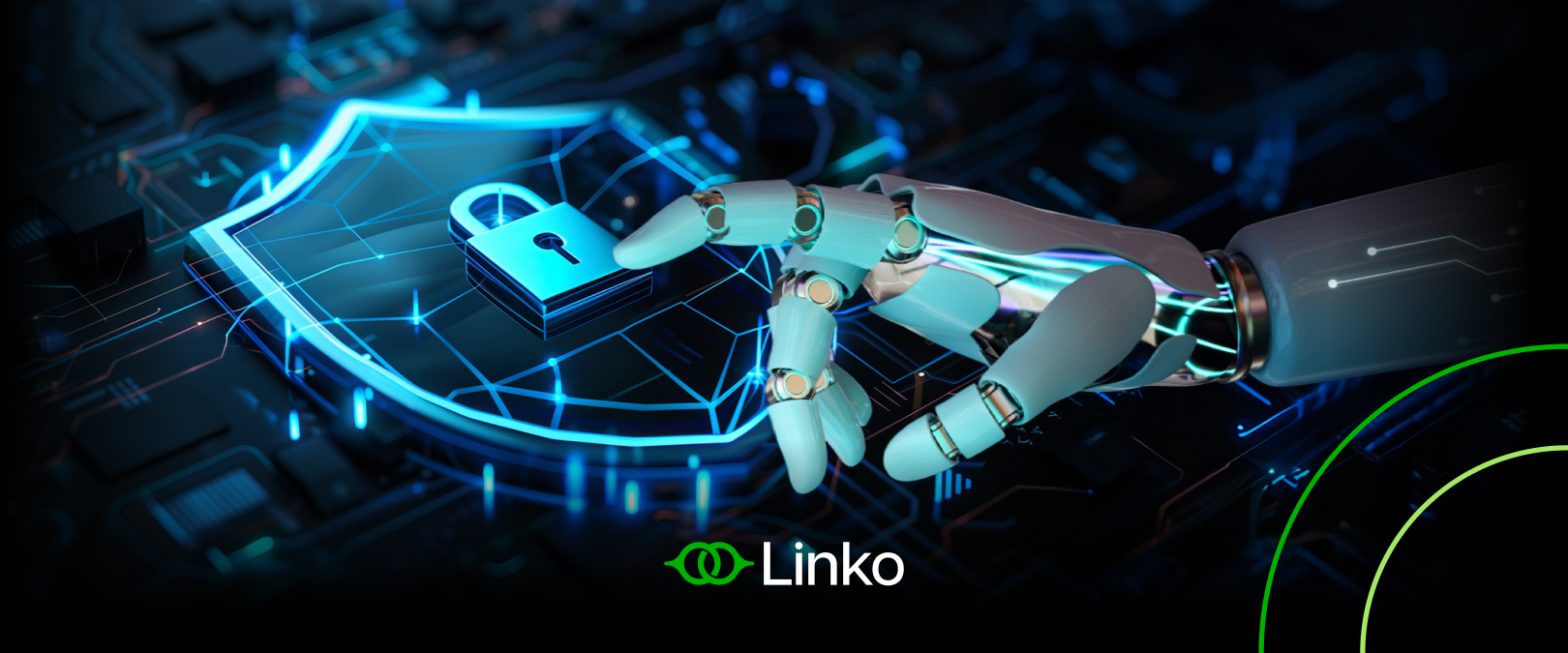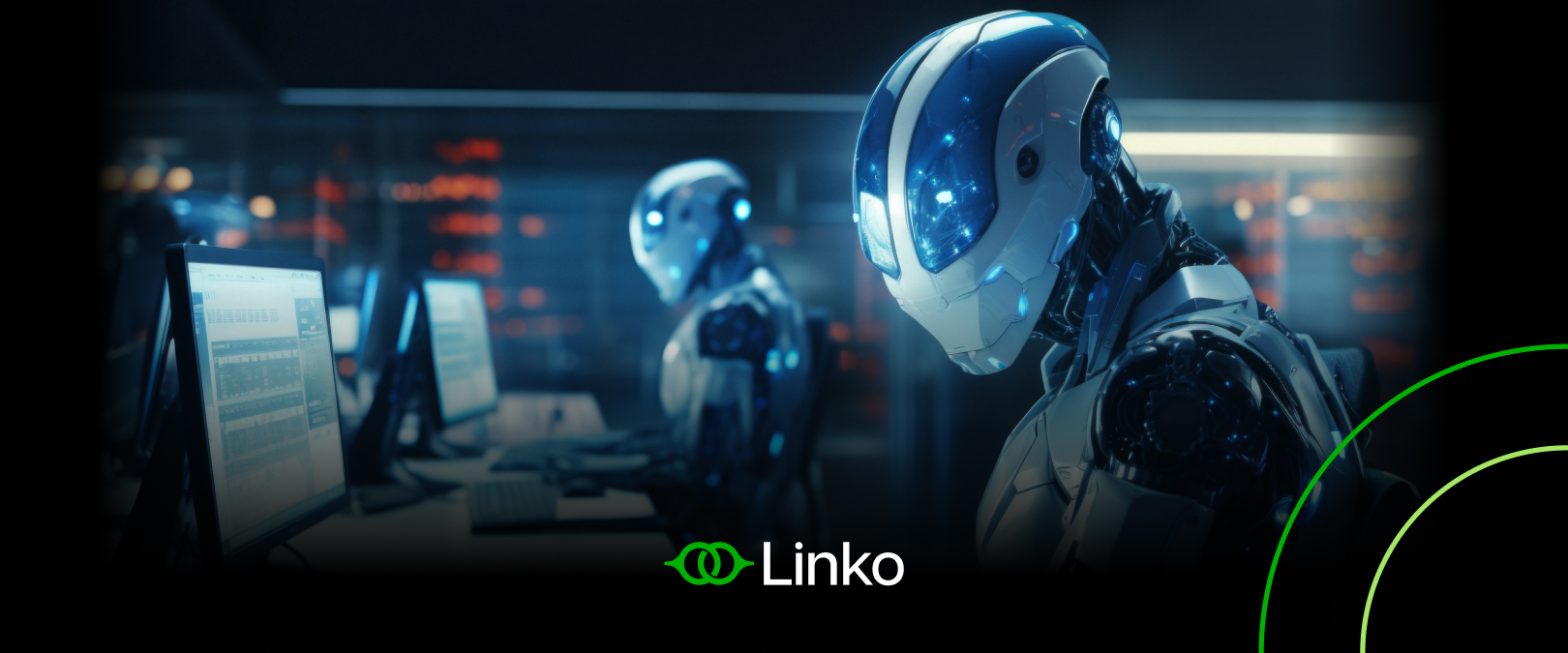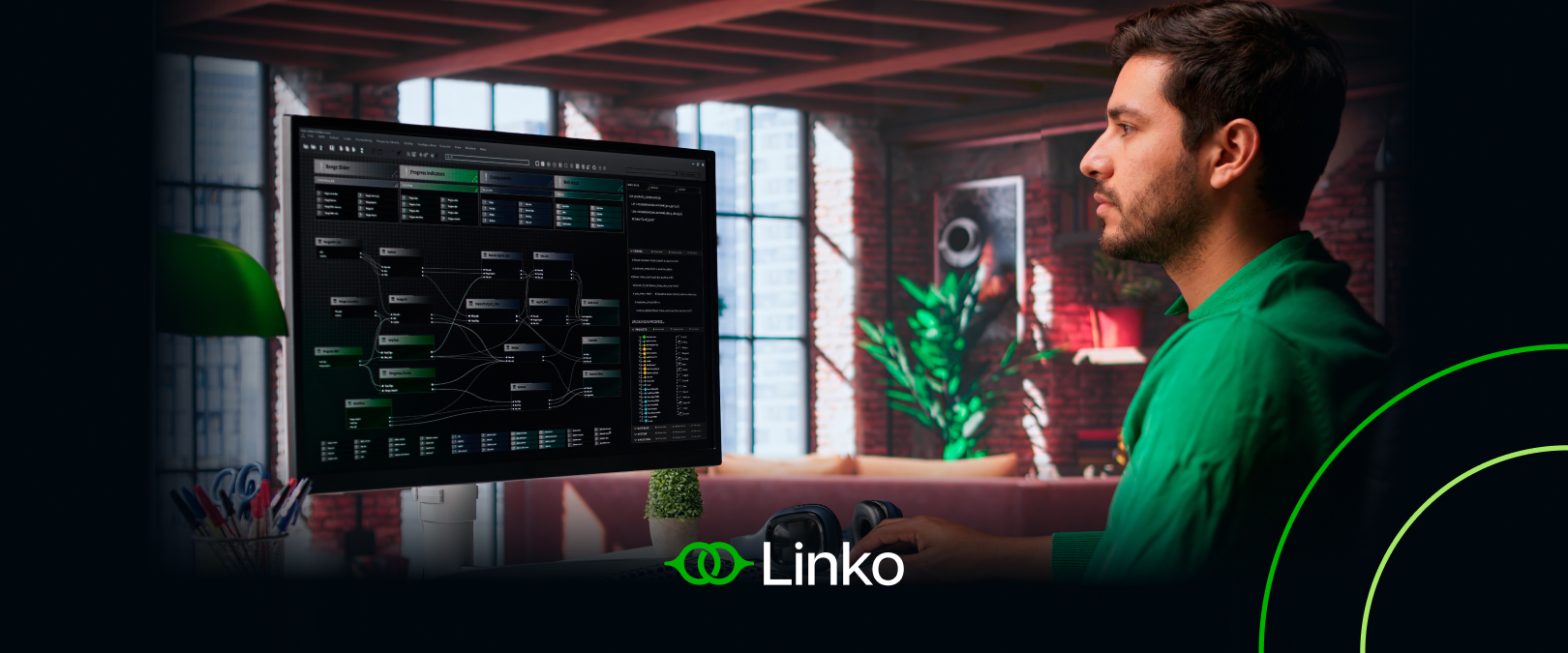Sometimes history moves faster than we can process. In recent years, we’ve learned to coexist with digital copilots, predictive algorithms, and assistants that reply in seconds. But what’s coming next—and is already emerging—isn’t just another tool. It’s a new way of relating to technology: Agentic AI.
This new generation of intelligence can make decisions, act, and learn without constant instruction. It doesn’t wait for commands; it interprets context, proposes solutions, and executes tasks aligned with specific goals. In theory, it sounds like a logical next step. In practice, however, it forces us to rethink how we understand leadership, strategy, and human value inside organizations.
For years, the main goal of digital transformation was automation—we wanted faster processes, fewer errors, and less friction. But what’s emerging now doesn’t just aim to optimize—it seeks to understand, adapt, and respond autonomously.
The difference between automation and autonomy might seem semantic, but it’s structural. It’s no longer about what technology does, but how it decides to do it.
That raises an uncomfortable question: are we ready to coexist with systems that think and act with growing independence?
This isn’t a technical concern—it’s a human one. Because if technology begins to make decisions, our role as leaders changes entirely.
The leadership of the future won’t belong to those who give the most orders, but to those who design the rules of the game—setting ethical boundaries, creating trust, and maintaining direction amid increasingly autonomous systems. It’s no longer about supervising machines, but guiding them with purpose.
As we move toward 2026, Agentic AI will start to integrate into critical processes such as customer service, financial analysis, cybersecurity, and logistics. And while some fear a loss of control, what’s truly at stake is our ability to collaborate with the intelligence we’ve created. Delegating doesn’t mean disappearing; it means learning to share decision-making with an entity different from us, yet aligned with our objectives.
For that to work, we need something technology cannot replicate: human judgment.
The ability to assess consequences, the ethical sense that gives context to data, and the empathy that transforms information into meaningful decisions. Agentic AI can analyze millions of variables in seconds, but it still can’t understand what a single human glance can communicate.
It’s no coincidence that companies capable of integrating this technology within a framework of trust and responsibility will set the standard—because the real challenge isn’t the algorithm itself, but the purpose behind its use.
Perhaps the greatest transformation ahead isn’t technological but cultural: learning to let artificial intelligence act—without surrendering our own.
The revolution to come doesn’t aim to replace us; it aims to test us. It compels us to redefine what it means to be human in a world where intelligence—in all its forms—is starting to find its own voice.


